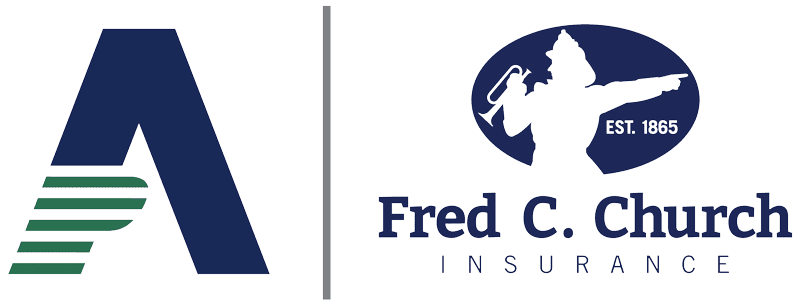Designing Safer Experiential Education Programs
As experiential learning becomes more prevalent across educational institutions, Fred C. Church helps schools better evaluate program risks and improve safety.
Does Car Insurance Cover a Flood-Damaged Vehicle?
Floodwaters can ruin a car’s engine, interior, and more. Find out from Fred C. Church if auto insurance covers repairs to or replacement of a flood-damaged vehicle.
Protecting Your School Against Today’s Cybersecurity Threats
Cyberattacks on schools are happening at a record rate. Fred C. Church shares proactive steps that may help you better protect data, devices, networks, and more.
Reducing the Risk of Frozen Pipes & Water Damage to Your Buildings
To help you prepare your buildings for winter, Fred C. Church shares tips for protecting your plumbing from freezing and minimizing the impact if water damage occurs.
How to Prepare Your Business or School Property for Winter
Fred C. Church shares 15 risk management steps you can take to safeguard your buildings, your property, and your people from the harsh elements of winter.
Does Home Insurance Cover Water Damage from Rain?
How rain enters a home determines whether home insurance will cover water damage. Fred C. Church explains which causes may or may not be covered, and why.
What to Ask Before Hiring a Private Transportation Company
If you’re thinking of outsourcing your transportation services, Fred C. Church shares key questions you can use to assess vendors’ driver and vehicle safety practices.
What Types of Insurance Coverages Do Swimming Pools Require?
If you’re planning to get a backyard swimming pool, Fred C. Church wants you to know the insurance coverages that may help protect you financially if there is an accident.
Damual Greaves Joins the Fred C. Church Education Practice
Read about Damual Greaves, an accomplished higher education risk management professional who has joined Fred C. Church Education Practice as a Client Executive.
Fred C. Church Announces Chris Duble to Retire and Sam Daume to Be the New Education Practice Leader
Chris Duble, Chief Executive Officer, to retire in 2025. Sam Daume, Senior Vice President, is tapped to be the new Education Practice Leader, effective 1/1/2024.













